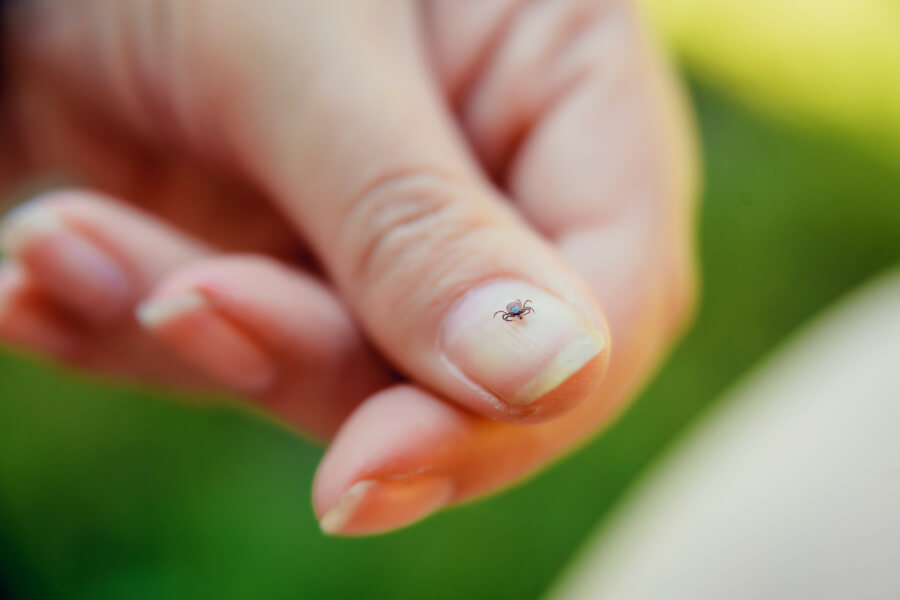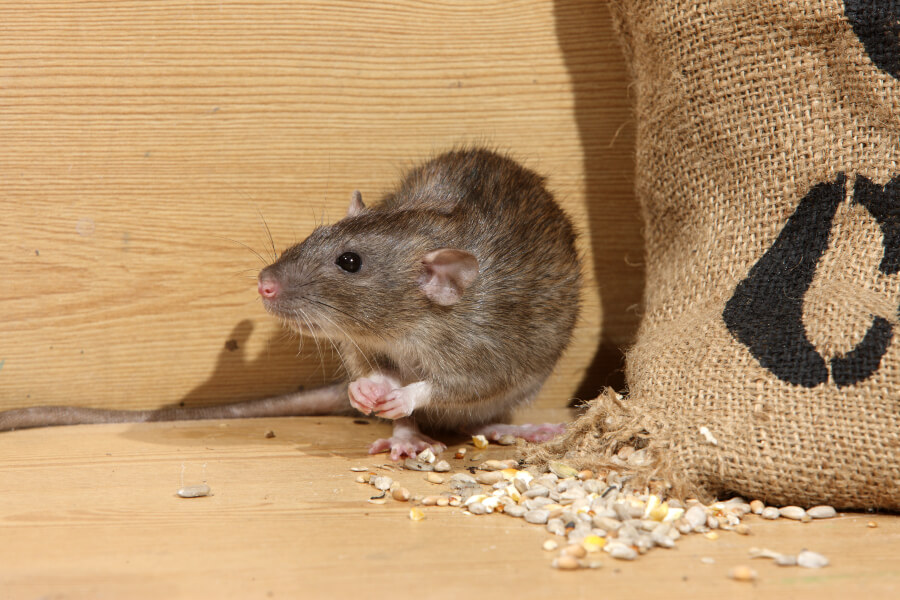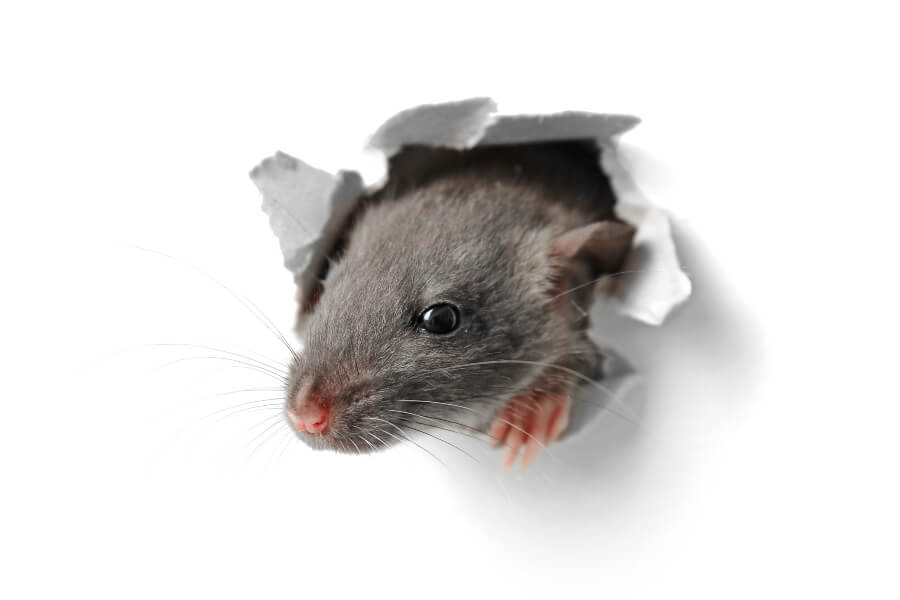Rodents are unwelcome guests in your yard. They can damage plants, dig holes, chew wires, contaminate food, and spread diseases. They can also move into your house and cause even more problems. To protect your health and property from the damage that these pests can cause, it’s crucial to know how to remove rodents from your yard and prevent them from coming back.
How to Identify Rodents in Your Yard
Several types of rodents can infest your yard in Central Tennessee, but the most common are:
- Deer Mouse: This small rodent has brown or gray fur with a white belly and feet. It has large ears and eyes and a bicolored tail. It can carry hantavirus and other diseases.
- House Mouse: This rodent has gray or brown fur and a light belly. It has small ears and eyes and a long tail. It can contaminate food and cause allergies.
- Meadow Vole: Small with brown or black fur and a gray belly. It has short ears and tail and a round body. It can damage plants and grass by gnawing and tunneling.
- Norway Rat: Large rodent with brown or gray fur and a pale belly. It has small ears and eyes and a scaly tail. It can transmit diseases and parasites.
- Pack Rat: Medium-sized rat with gray or brown fur and a white belly. It has large ears and eyes and a furry tail. It can collect various items and nest inside of them.
- Roof Rat: Medium-sized rodent has black or brown fur and a light belly. It has large ears and eyes and a long tail. It can climb trees and wires and enter buildings.
Signs of Rodent Activity in Your Yard
You do not want to share your home with rodents unless they are in a cage. But these unwelcome guests often invade thousands of houses across the U.S. every year. Like us, they are looking for a warm, cozy place and a reliable food source. Here are signs of a rodent problem in your yard.
- Rodent droppings
- Rodent tracks
- Rodent burrows
- Gnaw marks on wood, plastic, wires, or plants
- Shredded grass, paper, insulation, or cloth
Rodent Removal
If you notice any rodents in your yard, you must act quickly to eliminate rodents. The sooner you take action, the easier it will be to prevent an infestation from spreading or causing additional damage. To get rid of rodents in your yard, here are some steps to follow:
- Eliminate food sources to discourage rodents from feeding in your yard.
- Eliminate water sources, such as leaky pipes, faucets, birdbaths, or ponds.
- Eliminate shelter sources they can use, such as piles of wood, leaves, or debris; overgrown vegetation; or holes or gaps in structures.
- Use traps to capture and remove rodents from your yard.
- Use repellents to deter rodents from entering or staying in your yard.
Call a Professional Pest Control Service
While you can try some DIY methods to remove rodents from your yard, they may not be enough to eliminate the entire infestation or prevent it from recurring. Also, improper techniques may harm your health or the environment.
That is why it is best to call a professional rodent control service with the expertise and equipment to handle any rodent problem safely and efficiently. A professional pest control service can inspect your yard thoroughly and identify the type and extent of the infestation. They can also apply the most appropriate treatment methods based on your situation and preferences.If you need help with rodent removal in your yard in Central Tennessee, contact The Bug Man today. We provide free estimates and guaranteed results for all our pest control services.

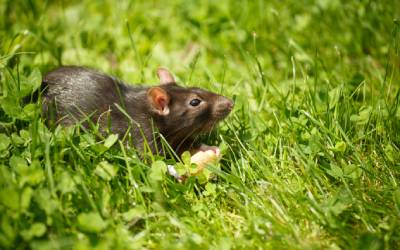
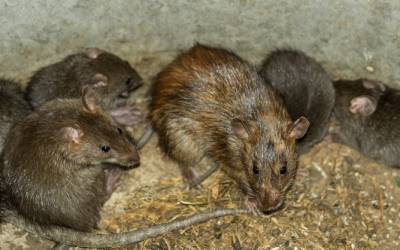

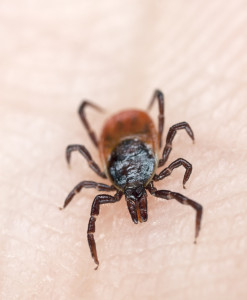
 Don’t forget about your four-legged babies, too. Please discuss tick treatment for your pets with a veterinarian. There are many treatment methods available and something that works well for one pet may not be best for the other. Cats and some breeds of dogs can be sensitive to some products. So, it is always best to check with your vet, first. Also, you will want to inspect your pets and their bedding frequently for ticks.
Don’t forget about your four-legged babies, too. Please discuss tick treatment for your pets with a veterinarian. There are many treatment methods available and something that works well for one pet may not be best for the other. Cats and some breeds of dogs can be sensitive to some products. So, it is always best to check with your vet, first. Also, you will want to inspect your pets and their bedding frequently for ticks.